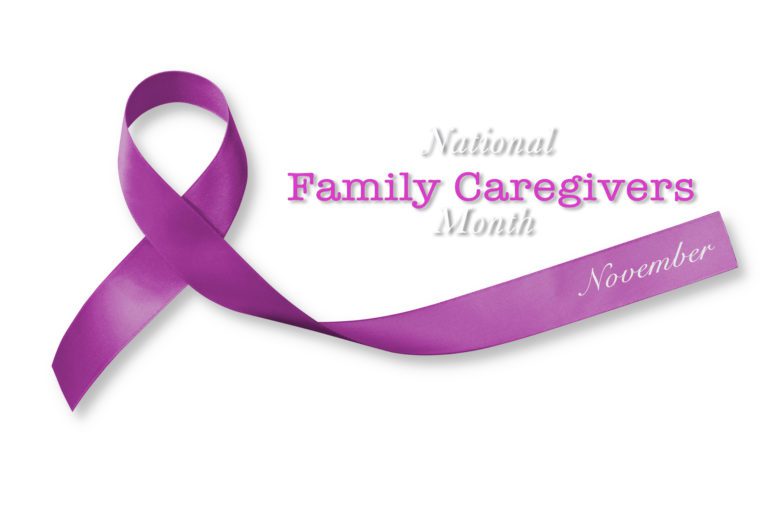If you have an elderly family member or loved one who needs assistance with daily living, it can be challenging to find the right care solution. Many people prefer to keep their loved ones at home, surrounded by familiar faces and comforts. However, caring for someone at home can be time-consuming, emotionally taxing, and physically demanding, especially if they require skilled nursing care.
Fortunately, non-skill home care services can provide the perfect solution for families who want to keep their loved ones at home while receiving the assistance they need. Non-skill home care providers offer a wide range of services, including meal preparation, light housekeeping, companionship, and personal care. In this article, we will discuss the top 5 benefits of choosing non-skill home care for your loved ones.
Table of Contents
Why Choose Non-Skill Home Care?
Non-skill home care is a type of caregiving service that does not require specialized medical training. Instead, non-skill caregivers provide assistance with activities of daily living (ADLs) and instrumental activities of daily living (IADLs). ADLs include basic self-care tasks, such as bathing, dressing, and grooming. IADLs include more complex activities, such as grocery shopping, meal preparation, and managing medications.
Non-skill home care is an excellent choice for individuals who do not require skilled nursing care but still need help with daily living tasks. Non-skill home care providers offer flexible scheduling, customized care plans, and affordable rates, making it an accessible and convenient option for many families.
1. Cost-Effective Care
One of the primary benefits of non-skill home care is that it is much more affordable than skilled nursing care. According to the Genworth Cost of Care Survey 2020, the average hourly rate for a home health aide is $24. While this may seem expensive, it is significantly cheaper than the average daily rate for a semi-private room in a nursing home, which is $247 per day.
Non-skill home care is also much more cost-effective than skilled nursing care because it is often only required for a few hours a day. This means that families can save money while still providing their loved ones with the assistance they need to live comfortably at home.
2. Customized Care Plans
Non-skill home care providers offer customized care plans that are tailored to each individual’s unique needs. Care plans can include a wide range of services, including personal care, companionship, light housekeeping, and meal preparation.
Care plans are developed in consultation with the family and the individual receiving care, ensuring that their needs and preferences are taken into account. Caregivers can also adjust care plans as needed, providing more or less support as the individual’s needs change.
3. Independence and Comfort
Non-skill home care allows individuals to maintain their independence and stay in the comfort of their own homes. Aging can be a difficult and sometimes painful process, and leaving one’s home can be traumatic. Non-skill home care provides individuals with the support they need to live comfortably at home while maintaining their dignity and independence.
Living at home also allows individuals to maintain their social connections and stay connected to their communities. Caregivers can help individuals participate in activities they enjoy, visit with friends and family, and attend community events.
4. Familiarity and Comfort
Non-skill home care providers allow individuals to stay in familiar surroundings, surrounded by their possessions and memories. This familiarity can be a source of comfort and reassurance, particularly for individuals with dementia or Alzheimer’s disease.
5. Peace of Mind for Family Members
Non-skill home care can also provide peace of mind for family members who may be worried about their loved one’s safety and well-being. Knowing that their loved one is receiving personalized care from a trained caregiver can be a source of comfort and reassurance.
Non-skill home care providers also offer regular updates and communication with family members, ensuring that they are kept informed about their loved one’s condition and any changes in their care plan. This can help to alleviate stress and worry, allowing family members to focus on spending quality time with their loved one.
Frequently Asked Questions
What is non-skill home care?
Non-skill home care is a type of caregiving service that provides assistance with activities of daily living (ADLs) and instrumental activities of daily living (IADLs). Non-skill caregivers do not require specialized medical training, but they do provide personalized care and support for individuals who need help with basic self-care tasks, such as bathing, dressing, and grooming, as well as more complex activities like meal preparation, medication management, and light housekeeping.
What services are included in non-skill home care?
Non-skill home care services can include a wide range of services, including personal care, companionship, light housekeeping, meal preparation, medication management, and transportation. Care plans are customized to meet each individual’s unique needs and preferences.
How do I choose a non-skill home care provider?
When choosing a non-skill home care provider, it is important to consider factors such as the provider’s experience and reputation, the services they offer, and their pricing and payment options. It is also important to consider the caregiver’s personality and communication skills, as they will be spending a significant amount of time with your loved one.
Is non-skill home care covered by insurance?
Non-skill home care is not typically covered by insurance, but it may be covered by Medicaid or other government programs for individuals who meet certain eligibility requirements. Some long-term care insurance policies may also cover non-skill home care services.
How do I get started with non-skill home care?
To get started with non-skill home care, you can search for providers in your area or ask for referrals from healthcare professionals, friends, or family members. Once you have identified potential providers, schedule consultations to discuss your loved one’s needs and develop a customized care plan.
Conclusion
Non-skill home care can provide a convenient, affordable, and personalized solution for families who want to keep their loved ones at home while receiving the assistance they need to live comfortably and independently. With flexible care plans, customized services, and trained caregivers, non-skill home care can provide peace of mind for family members and enhance the quality of life for individuals in need of care.
So, if you are considering non-skill home care for your loved one, it is important to research and explore your options to find a provider that meets your family’s needs and preferences. With the right care plan and caregiver, non-skill home care can provide comfort, affection, and support for your loved one.
Home Care Near Me Let’s Get Started!
Get Immediate Help with Information, Costs & Payment Options.







